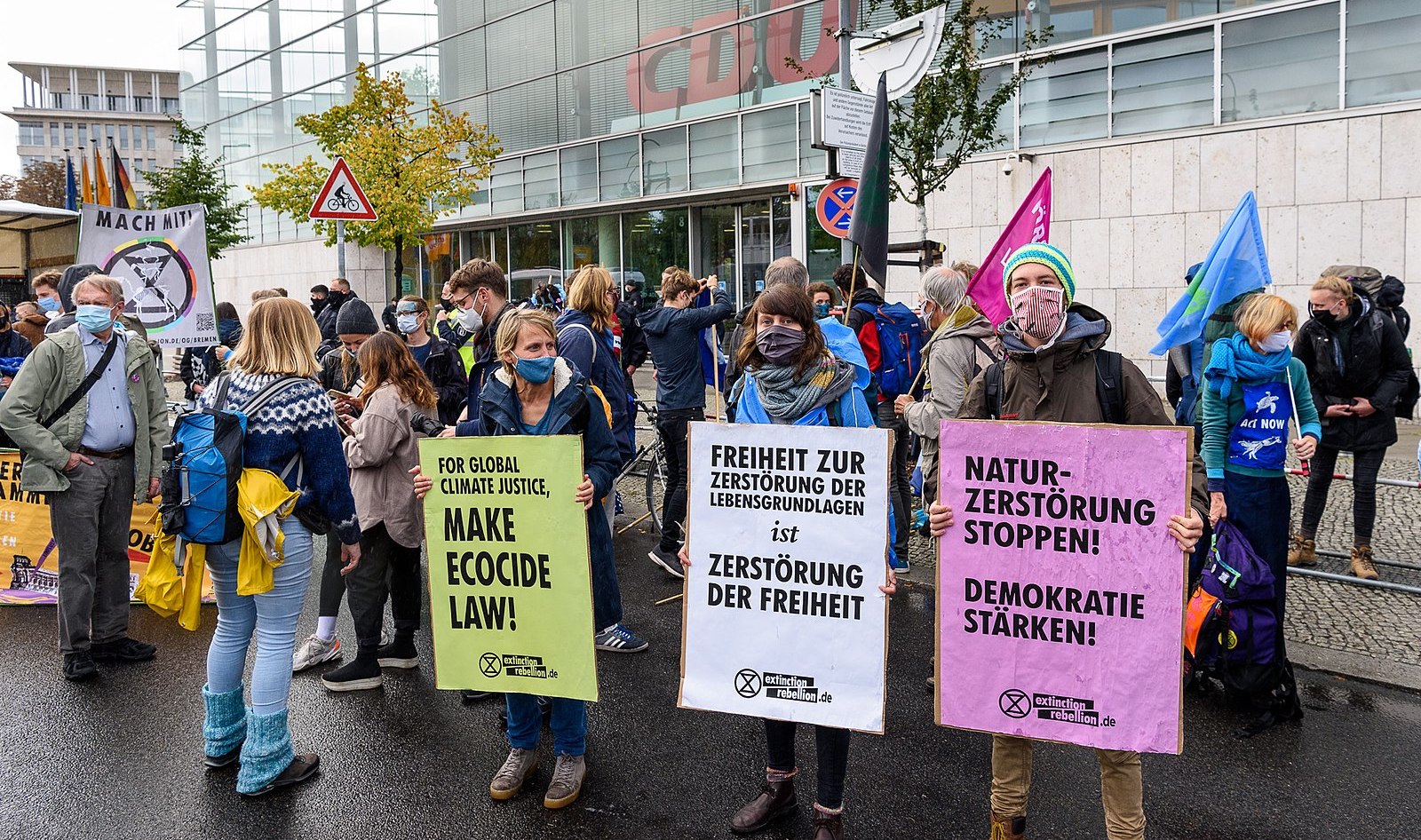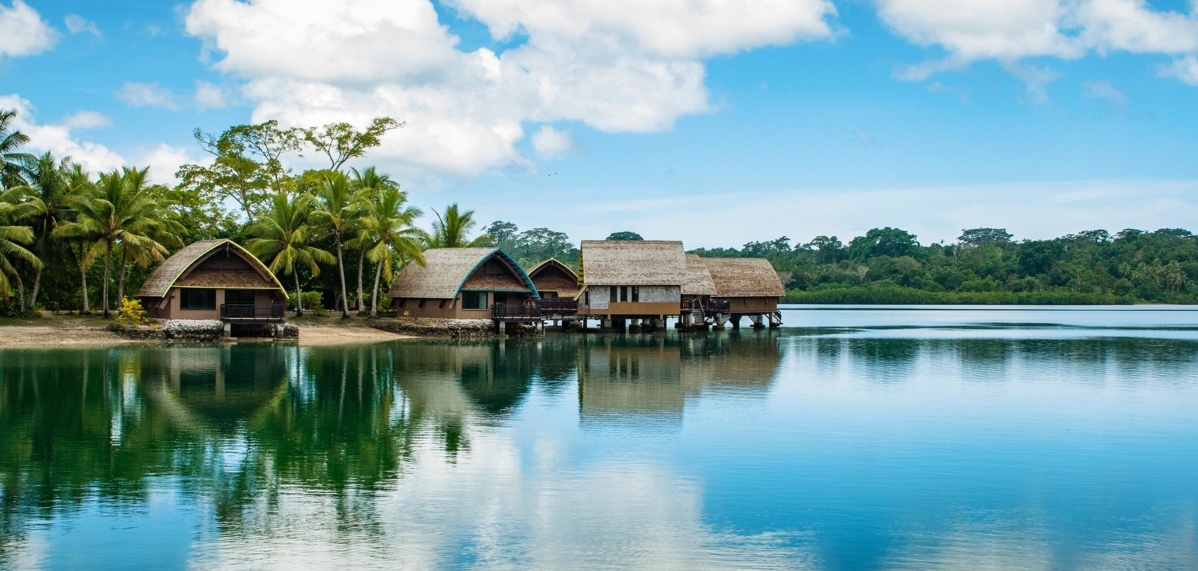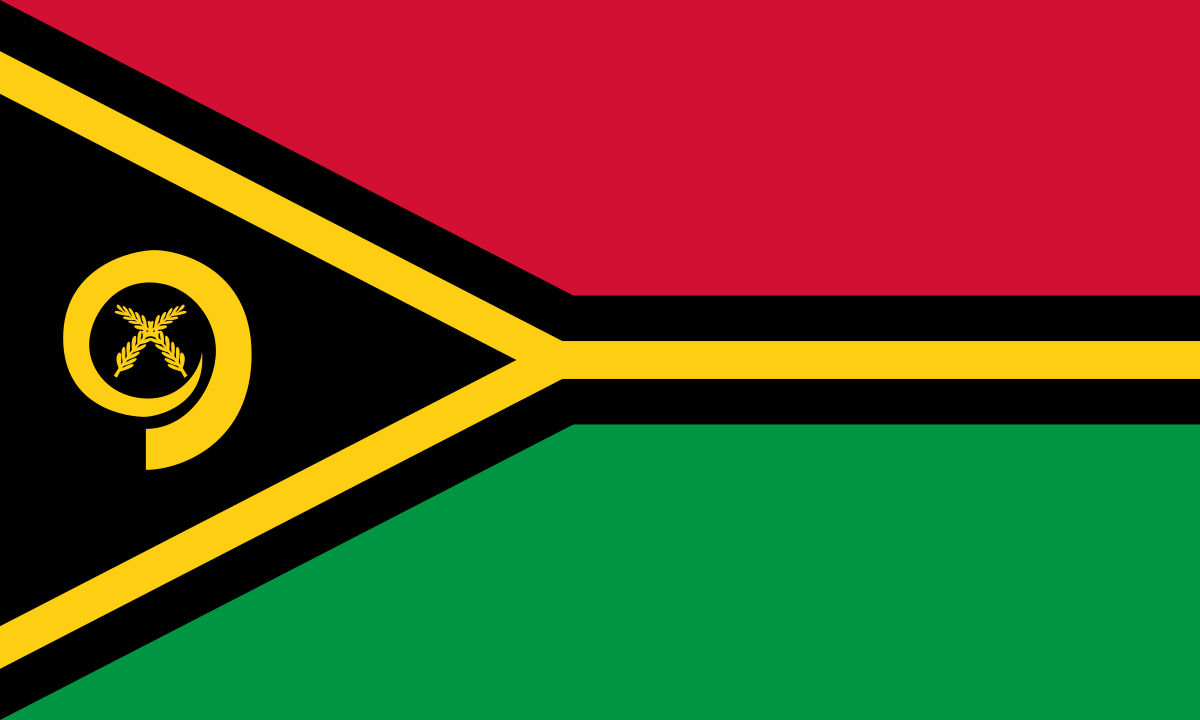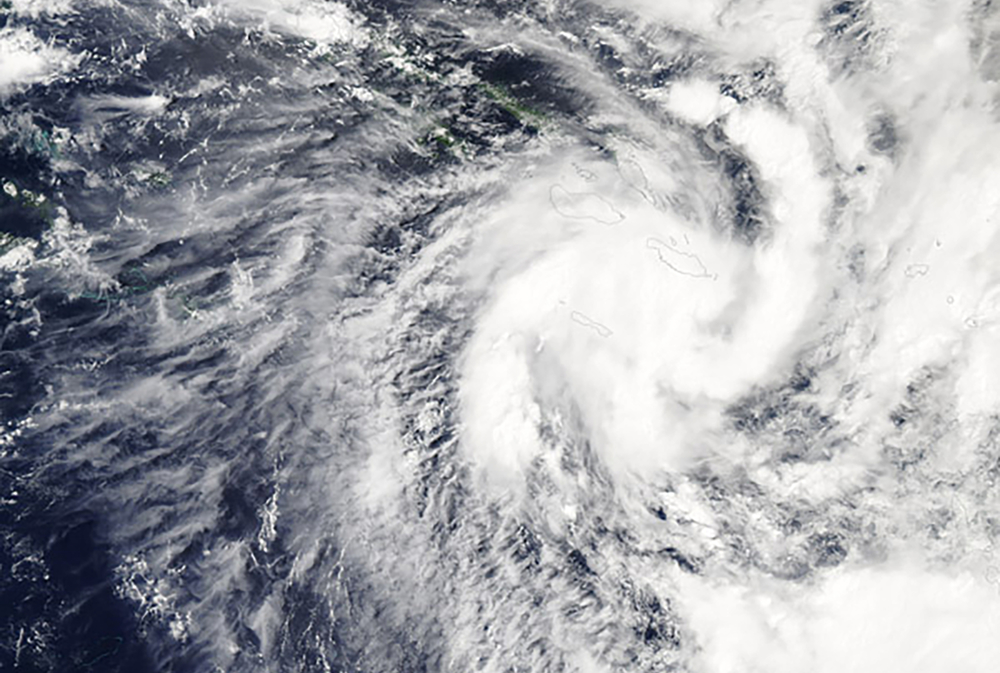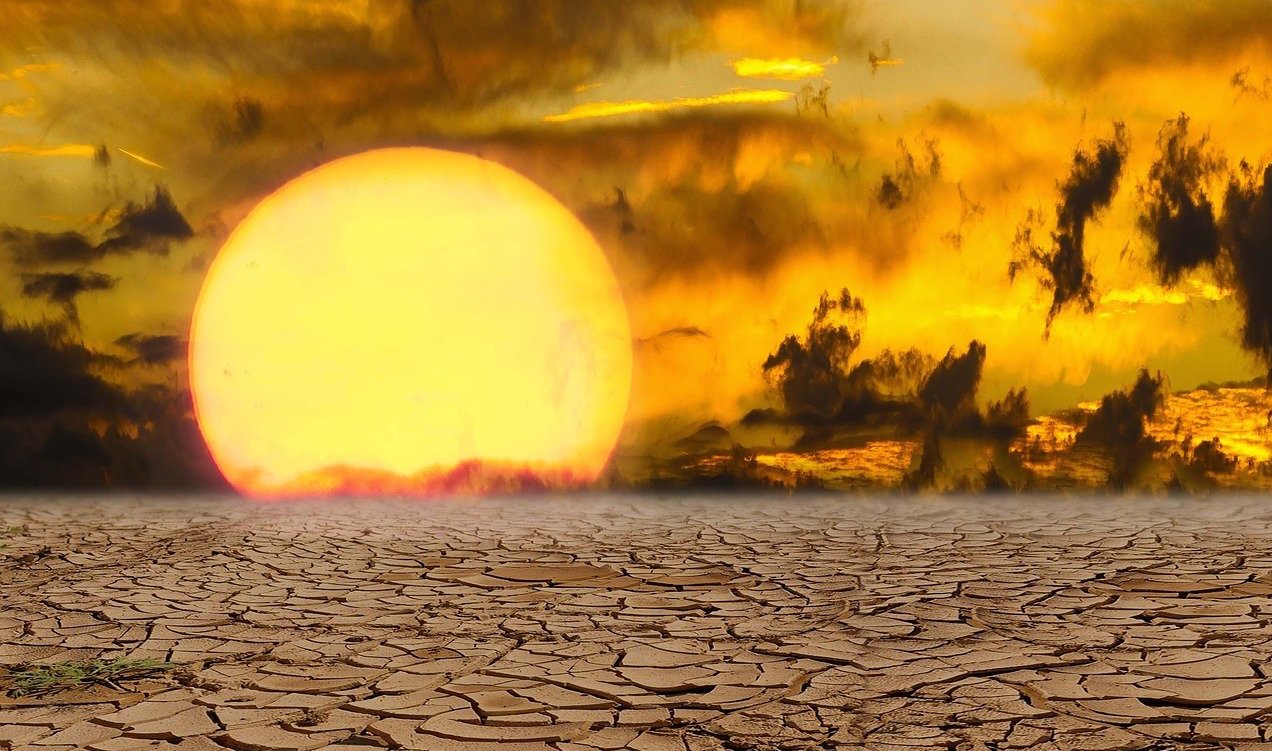
Podcast: Meanwhile, the planet is dying….
Two landmark rulings on the urgent responsibility of states to address the climate crisis are issued—by the Inter-American Court of Human Rights in a proceeding brought by Chile and Colombia, and by the World Court in a proceeding brought by the threatened Pacific Island nation of Vanuatu. Meanwhile in the USA, the Trump regime withdraws from the Paris Agreement, removes greenhouse gases from EPA oversight, drops subsidies for solar energy—and even destroys NASA’s climate-monitoring satellites! This as receding Arctic ice sheets and sea ice begin to destabilize the climate-regulating Atlantic Meridional Overturning Circulation (AMOC), melting glaciers unleash deluges from the Swiss Alps to the Himalayas of Nepal, wildfires rage from Canada to California to the Mediterranean, and ocean acidification crosses a “‘planetary boundary” that portends global biosphere collapse. In Episode 290 of the CounterVortex podcast, Bill Weinberg takes an unflinching look at the long odds for humanity’s future—even if we manage to avoid nuclear war. (Image: blende12/Pixabay)




